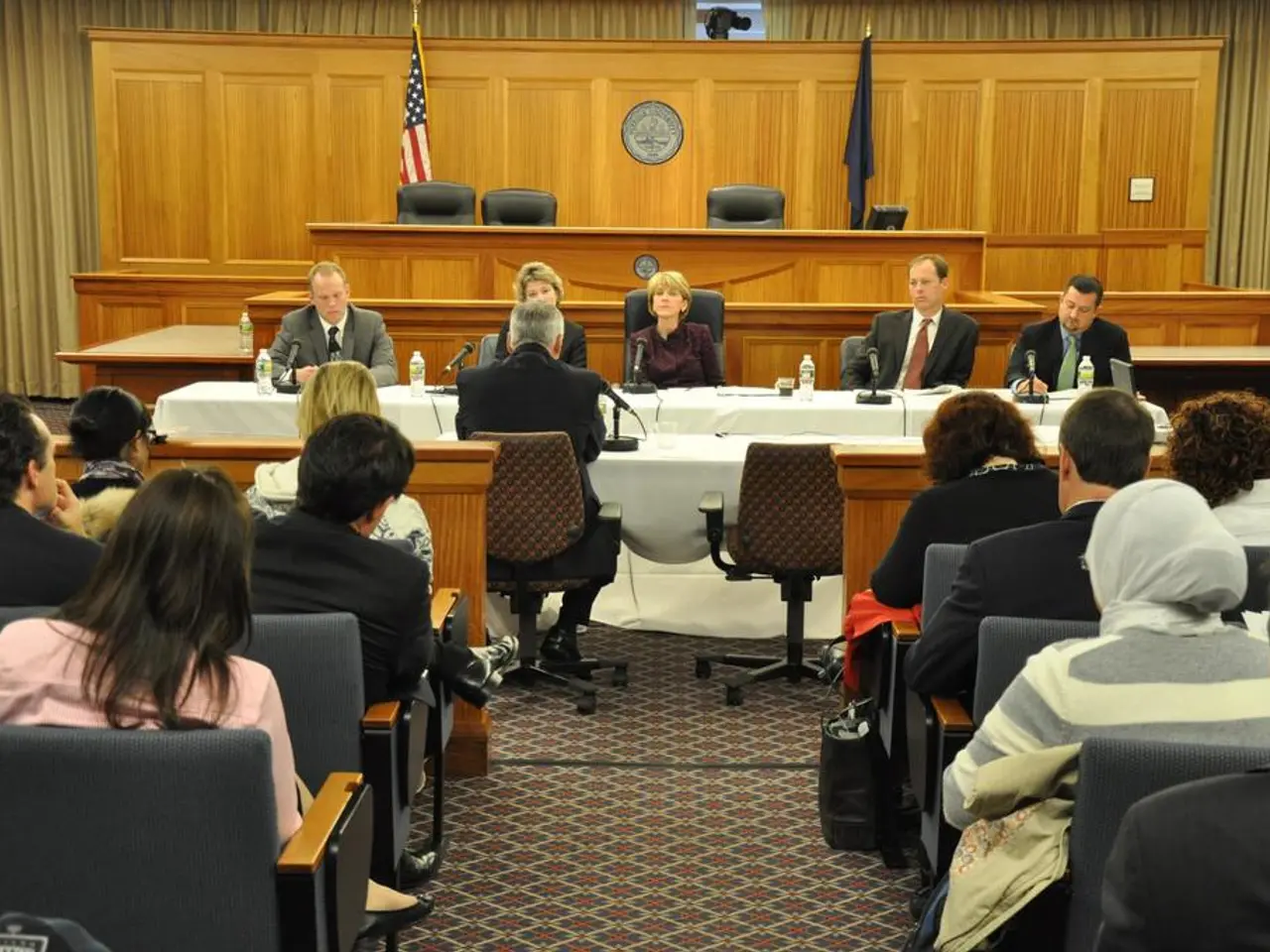Maintaining external relations with Central and Eastern European nations remains a priority for the Commission, as evidenced by the implemented measures.
In a significant move towards strengthening the European Union (EU), Foreign Minister Annalena Baerbock is set to travel to Paris from Tuesday to Wednesday. This trip follows a joint ministerial meeting in Paris attended by the Federal Cabinet in January and is a testament to the decades-long friendship and mutual trust between Germany and France.
During her stay in Paris, Minister Baerbock will express gratitude to her French colleagues for their trust and teamwork, particularly during the recent Sudan evacuation operation. This operation, which ensured the safe return of German, French, and other nationals from Sudan, showcased the resilience, strength, and competitiveness of the EU.
The Sudan evacuation operation also served as a demonstration of close cooperation and coordination between Germany and France. This collaborative spirit will continue in the upcoming meetings in Berlin and Stockholm, where Minister Baerbock and her French counterpart, Catherine Colonna, will convene for the Kleeblatt meeting in Berlin and the Gymnich meeting in Stockholm.
The agenda for these meetings is packed with an intensive exchange with French counterpart Catherine Colonna, participation in the French cabinet meeting, and a meeting with President Macron. The support for the people of Ukraine in their struggle for a just peace will be another point on the agenda during the French cabinet meeting.
In addition to these bilateral discussions, Germany, along with France and seven other member states, has founded a 'Friends of the Council' group that advocates for qualified majority decisions in the Council of the European Parliament. This group, jointly founded with several other countries, aims to expedite and strengthen decision-making processes within the EU.
However, the often slow decision-making processes in Brussels have also become apparent. To address this issue, the discussions will focus on making the European Union more capable of action and fit for future enlargements. Faster and more effective decisions, particularly in the area of common foreign and security policy, are needed for this.
The European approach to China will also be a topic of discussion during the French cabinet meeting that Foreign Minister Baerbock will attend. The upcoming meetings in Berlin and Stockholm will further emphasize the close German-French coordination, as the joint working days in these cities highlight the basis for a future-proof Europe.
The joint participation in cabinet meetings is a tradition agreed upon in the Aachen Treaty of 2019 between Germany and France. This treaty underscores the strong bond between the two nations and their commitment to a united Europe. The meetings in Paris, Berlin, and Stockholm underscore this commitment and mark a significant step towards a more united and effective European Union.
Read also:
- Peptide YY (PYY): Exploring its Role in Appetite Suppression, Intestinal Health, and Cognitive Links
- Easing Pedestrian Traffic Signal Pressure
- Astral Lore and Celestial Arrangements: Defining Terms & In-Depth Insights - Historical Accounts & Glossary of Cosmic Mythology
- ICE directed to enhance detention conditions following NYC immigrants' allegations of maltreatment








